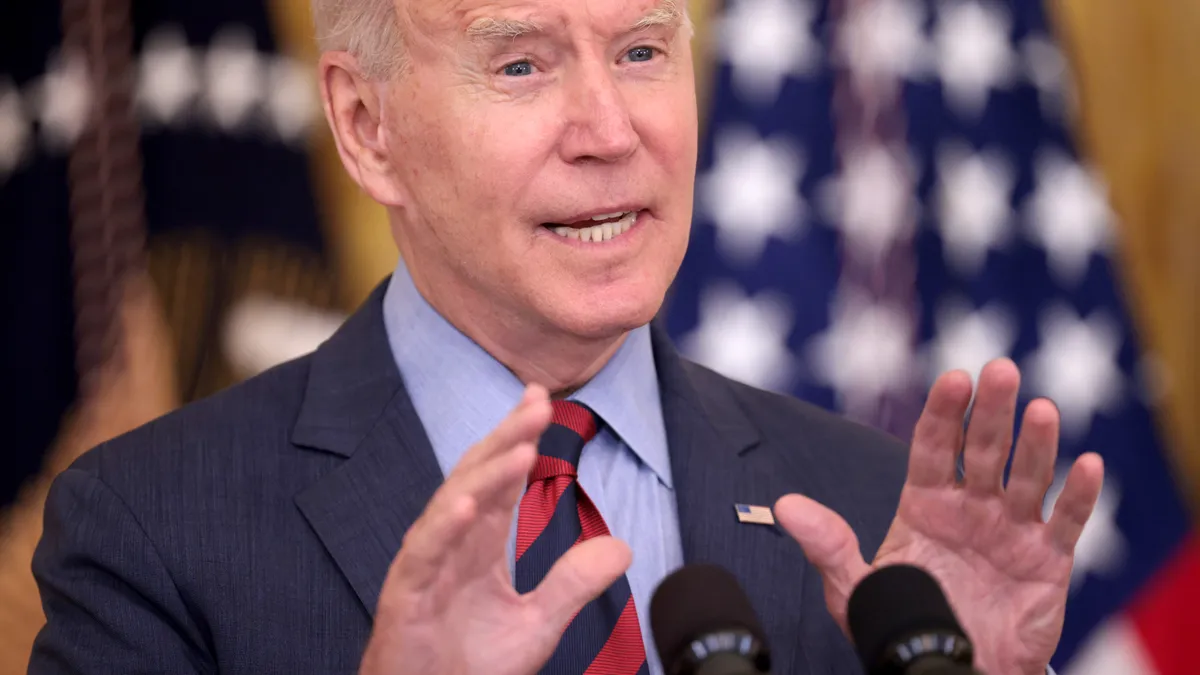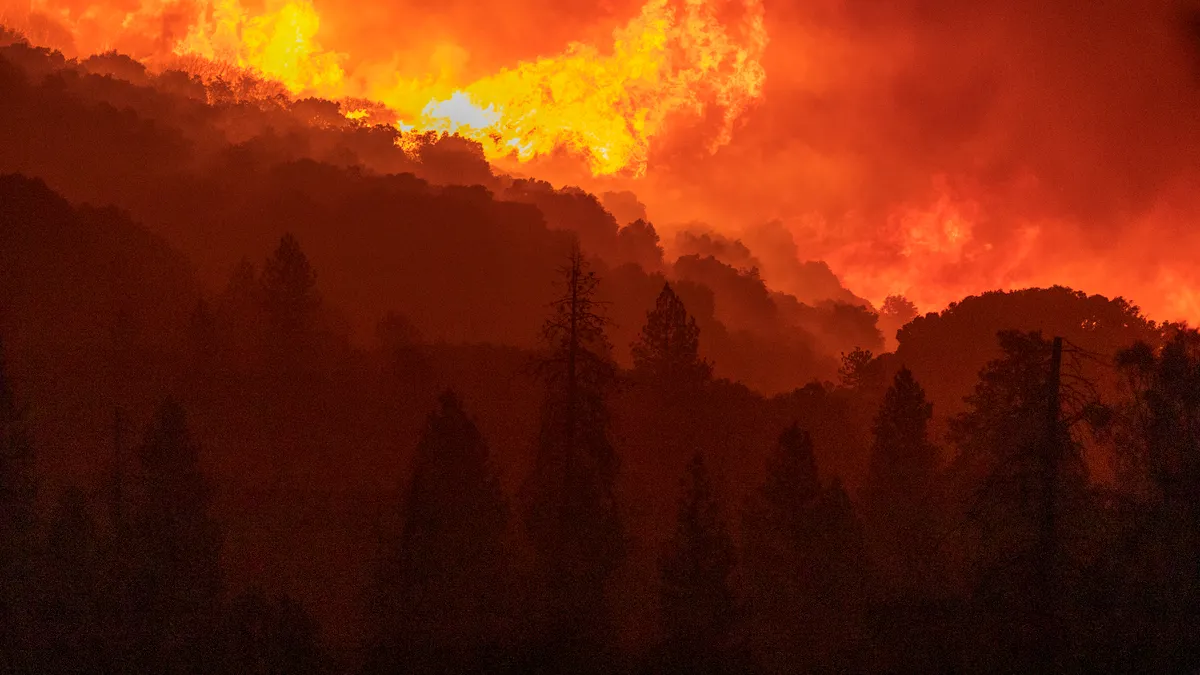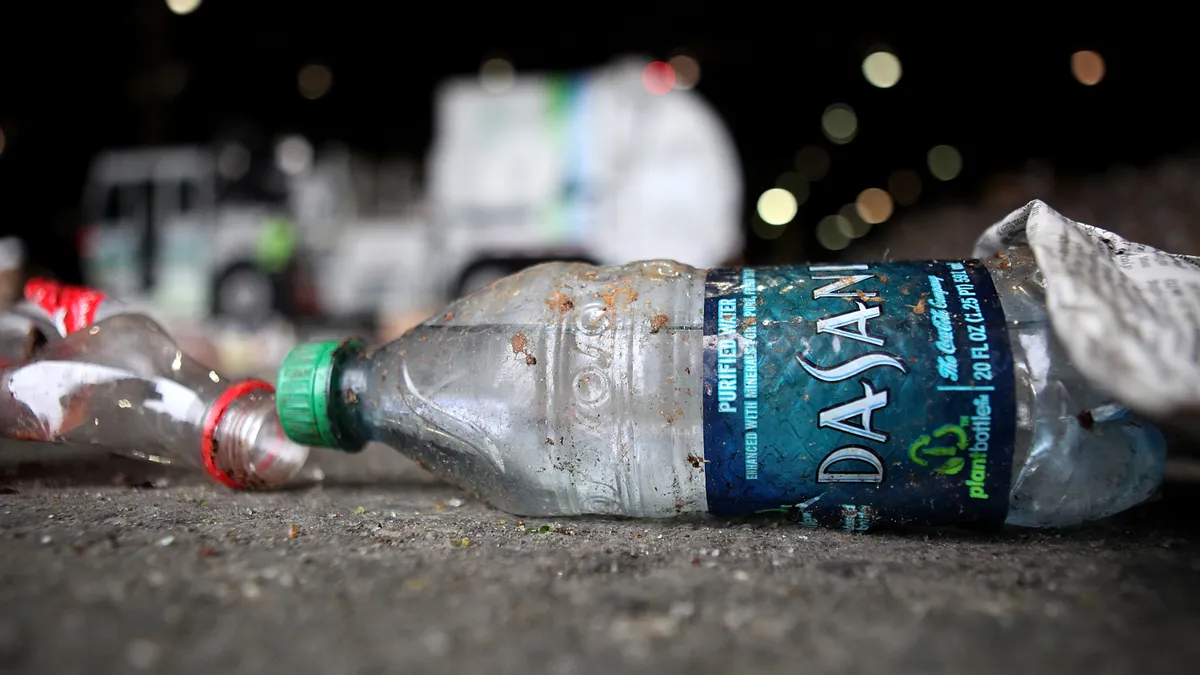It's October, which means the fourth quarter has begun and the end of 2016 is in sight. To reflect, Waste Dive is taking a look at some of the most important stories in the third quarter of this year — and how they may impact Q4 and beyond.
Driver shortage woes
Nearly every industry across the nation — especially waste and recycling — has faced a truck driver shortage this year as pools of qualified applicants have shrunk. The American Trucking Associations' (ATA) most recent data shows the U.S. was short approximately 48,000 drivers in 2015, and that number is expected to have increased this year. In an August interview with Waste Dive, NWRA President and CEO Sharon Kneiss noted that this shortage is in part due to an influx of young people going to college as opposed to a technical field, however it is also due to increased technology in trucks, a lack of CDL-holding applicants, negative work culture and even failed drug tests.
To address the shortage issue, many waste companies and related associations like NWRA and SWANA have dedicated efforts toward recruitment — especially for women drivers. A recent ATA report found that the number of female drivers decreased by 10% in 2015. Yet as technology like automated collections spreads more across the industry — and women are more sought after by companies — it is possible that this statistic will turn around in 2017 as long as recruitment efforts remain a top priority in Q4.
Global marine pollution — and solutions
This year's highly-anticipated Olympic Summer Games in Rio de Janeiro were slightly dogged by a marine pollution problem that has haunted the host city for years. As athletes prepared to hit Guanabara Bay, they were warned about the concerning amounts of trash — an estimated 90 metric tons entering the bay daily — and other toxic contaminants in the water. And despite efforts to use "eco-barriers" and "eco-boats" to combat the pollution problem, the city's waters were nowhere near pristine as the Summer Games were underway.
The problems that faced Rio this summer are reflective of a larger global marine pollution crisis, which was addressed this summer at the third annual Our Ocean Conference. Ministers, presidents and changemakers from around the globe joined together to identify the scope of the problem that has created hazards for humans and wildlife, and ultimately lead to more than 400 ocean dead zones across the world. These leaders also offered solutions, mainly in the form of monetary commitments totaling over one billion dollars. In addition to funding, an increase in creative inventions like waste-eating drones and water wheels has been seen across the U.S. and will likely continue into Q4 and 2017.
Combating the 'recycling recession'
In a September interview with MSNBC, Waste Management CEO David Steiner said his company is reducing its investments in recycling due to the industry being in a "recycling recession." He explained that the practice has become less and less profitable due to low oil prices and other factors, and also noted that recycling only accounts for 8% of WM's business today, as compared to 12% five years ago.
Waste Management is not the only company feeling the scourge of recycling, and Steiner is hoping to begin an industrywide discussion on how companies can increase consumer knowledge about the operation and assist the industry in getting back on track. Recently, The Sustainable Packaging Coalition (SPC) and The Recycling Partnership teamed for a new initiative called Applying Systems Thinking to Recycling to help identify new opportunities in the recycling landscape, and new reports have found potential for certain MRFs to capture difficult material like flexible packaging. As long as the industry continues to work together in combating the "recession" instead of falling victim to it, there is hope that the industry will see improvements in the near future.
Commercial waste franchising in NYC and LA
In a decision that split the industry this summer, New York's Department of Sanitation (DSNY) and Business Integrity Commission (BIC) called for establishing waste collection zones across the city in their 2016 Private Carting Study. Franchising, as opposed to the current open market system, would intend to improve quality of labor, reduce truck emissions and overall increase diversion rates. However strong opposition toward the "risky" plan may cause a setback in having it come to fruition, and DSNY has predicted two more years of planning before legislation and implementation would be decided.
In the midst of the chaos surrounding the NYC franchising debate, Los Angeles made moves when the Los Angeles Board of Public Works passed a vote to award 11 franchise zones to seven private companies across the city. While this decision — which didn't quite receive the same public pushback as NYC's plan — still needs approval from Mayor Eric Garcetti and the city council, it's likely to pass with ease. Many believe that this new plan in L.A. will push the city toward its proposed zero waste goals through "uniformity, transparency, and predictability," according to Elena Stern, senior public information officer for Los Angeles Department of Public Works.
Forecasting the best president for the industry
The biggest story across the nation during the third quarter was undoubtedly the upcoming presidential election and how each candidate would shape the future of the country as one of the world's most powerful leaders. To gauge how waste industry professionals feel about the two main presidential nominees — GOP candidate Donald Trump and Democratic candidate Hillary Rodham Clinton — Waste Dive asked readers to offer their perspectives in a survey.
While participants offered pros and cons for each of the candidates, the results showed the favorable option to be Secretary Clinton. Arguments defending Clinton included her environmental policies, government experience and "the fact that she's not Donald Trump," while other respondents noted Trump's experience in business as a reason to support him. Regardless of the survey results, more than five weeks of rallies and debates must unfold before Election Day. While the outcome of the election is still unpredictable, there is no doubt that the nation's decision will have incredible impacts on this industry in numerous ways.











